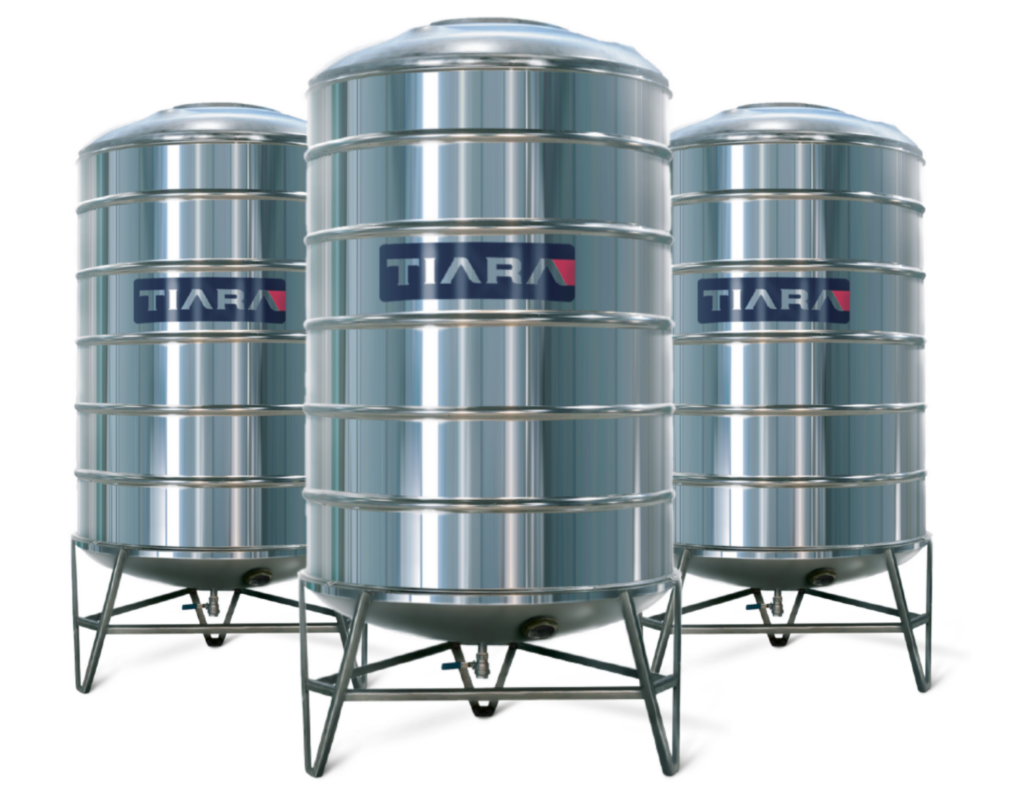
Urban farming is becoming increasingly popular as cities seek sustainable solutions to food security and environmental challenges. One of the key elements supporting urban farming initiatives is the use of water storage tanks. These tanks play a crucial role in ensuring a reliable water supply, promoting efficient water usage, and supporting the growth of urban agriculture. This article explores how water storage tanks are integral to the success of urban farming projects.
Addressing Water Scarcity
Urban areas often face significant water scarcity issues, making it challenging to maintain consistent irrigation for urban farms. Water storage tanks help mitigate this problem by capturing and storing rainwater or surplus water for later use. This stored water can be utilized during dry periods, ensuring that urban farms have a continuous and reliable water supply. By reducing dependency on municipal water supplies, urban farms can operate more sustainably and efficiently.
Promoting Sustainable Water Use
Water storage tanks encourage sustainable water use practices among urban farmers. These tanks can be integrated with rainwater harvesting systems to collect runoff from rooftops and other surfaces. This rainwater is then filtered and stored for irrigation purposes. By utilizing harvested rainwater, urban farms reduce their reliance on potable water sources, promoting water conservation and reducing the strain on municipal water systems.
Economic Benefits
Cost Savings: By using water storage tanks to capture and store rainwater, urban farmers can significantly reduce their water bills. This is particularly beneficial in cities where water costs are high. The initial investment in water storage infrastructure can lead to substantial long-term savings.
Increased Productivity: With a reliable water source, urban farms can maintain consistent irrigation schedules, leading to healthier plants and higher crop yields. This increased productivity can enhance the profitability of urban farming ventures.
Grants and Incentives: Many governments and organizations offer grants and incentives for sustainable agricultural practices, including the installation of water storage systems. Urban farmers can take advantage of these financial supports to offset the costs of implementing water storage solutions.
Enhancing Crop Quality and Variety
Consistent and adequate water supply is essential for the growth and health of crops. Water storage tanks help urban farmers maintain optimal moisture levels in the soil, leading to healthier and more robust plants. This consistency in water supply also allows farmers to diversify their crops and experiment with different varieties that may require specific watering conditions. As a result, urban farms can produce a wider range of fresh and nutritious produce for local communities.
Environmental Benefits
Reduced Runoff and Flooding: By capturing rainwater, water storage tanks help reduce runoff and the risk of urban flooding. This is particularly important in densely populated areas where impermeable surfaces can lead to significant water runoff issues. Stored water can be slowly released into the soil, mimicking natural infiltration processes.
Lower Carbon Footprint: Urban farming practices that utilize water storage tanks contribute to lower carbon emissions. By reducing the need for water transportation and decreasing reliance on energy-intensive water treatment processes, urban farms can operate more sustainably.
Support for Biodiversity: Consistent irrigation from stored water sources supports the growth of diverse plant species, promoting urban biodiversity. Urban farms can create green spaces that provide habitats for various pollinators and beneficial insects, enhancing the ecological balance within city environments.
Conclusion
Water storage tanks are a vital component of urban farming initiatives, supporting sustainable agriculture practices and addressing water scarcity challenges in cities. By providing a reliable water source, promoting efficient water use, and offering economic and environmental benefits, these tanks play a crucial role in the success and sustainability of urban farms. As urban farming continues to grow, the integration of water storage solutions will be essential for creating resilient and sustainable food systems in urban environments. Through the adoption of these practices, urban farms can thrive and contribute to the overall well-being of urban communities.


